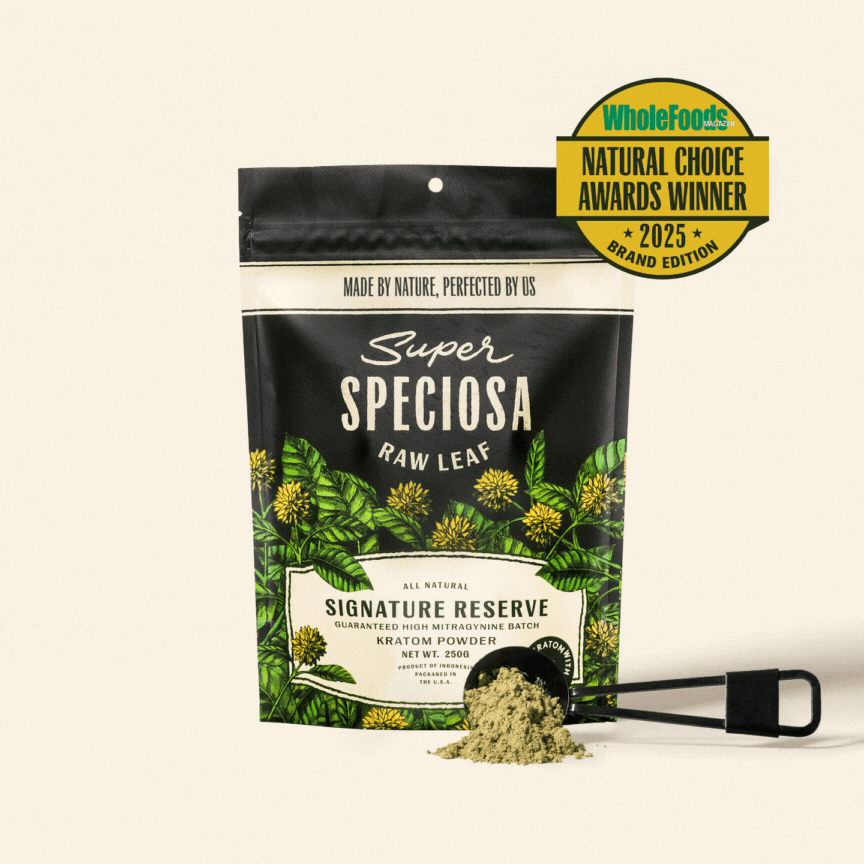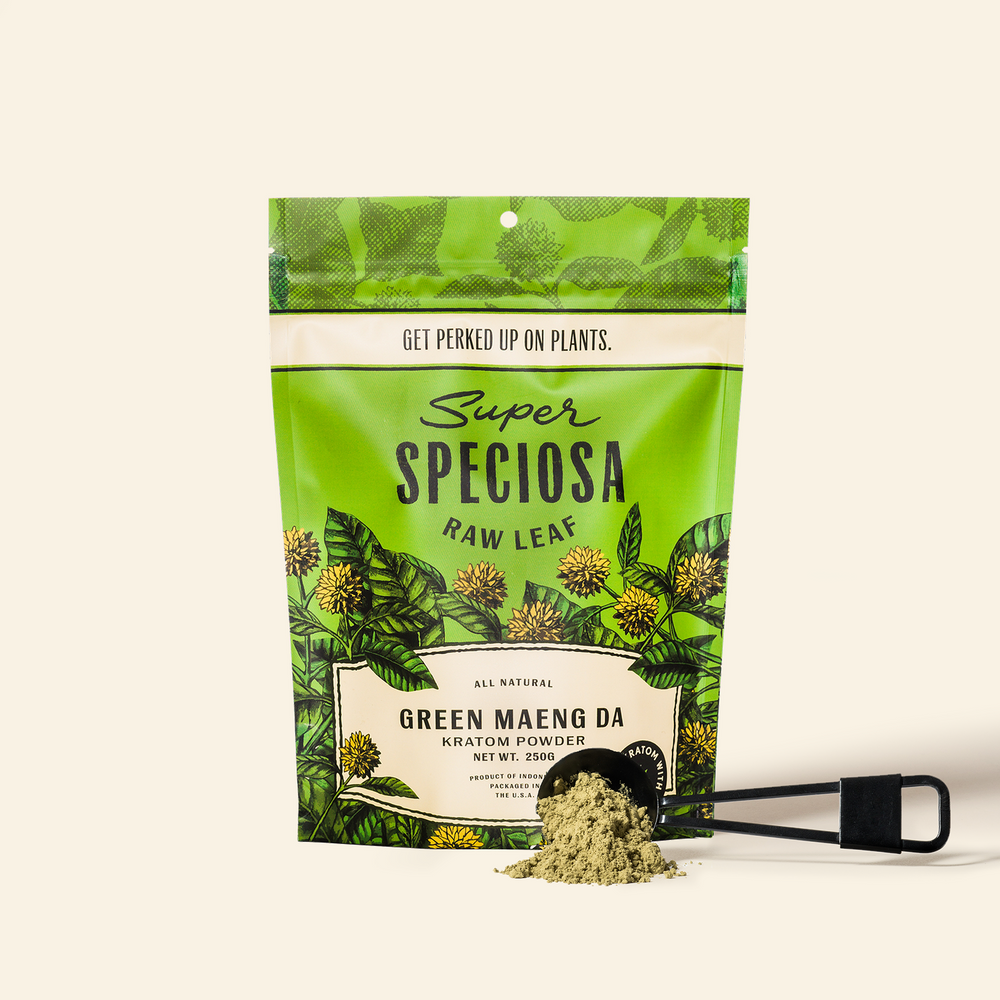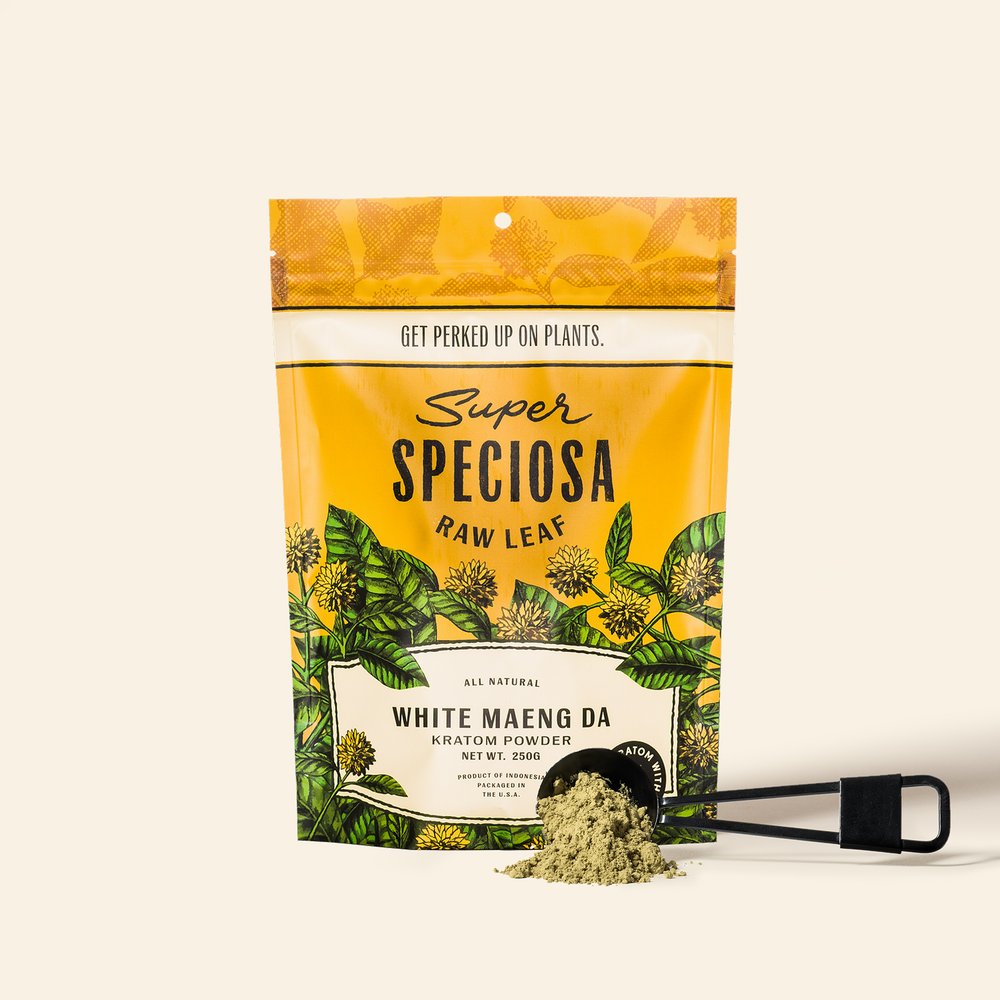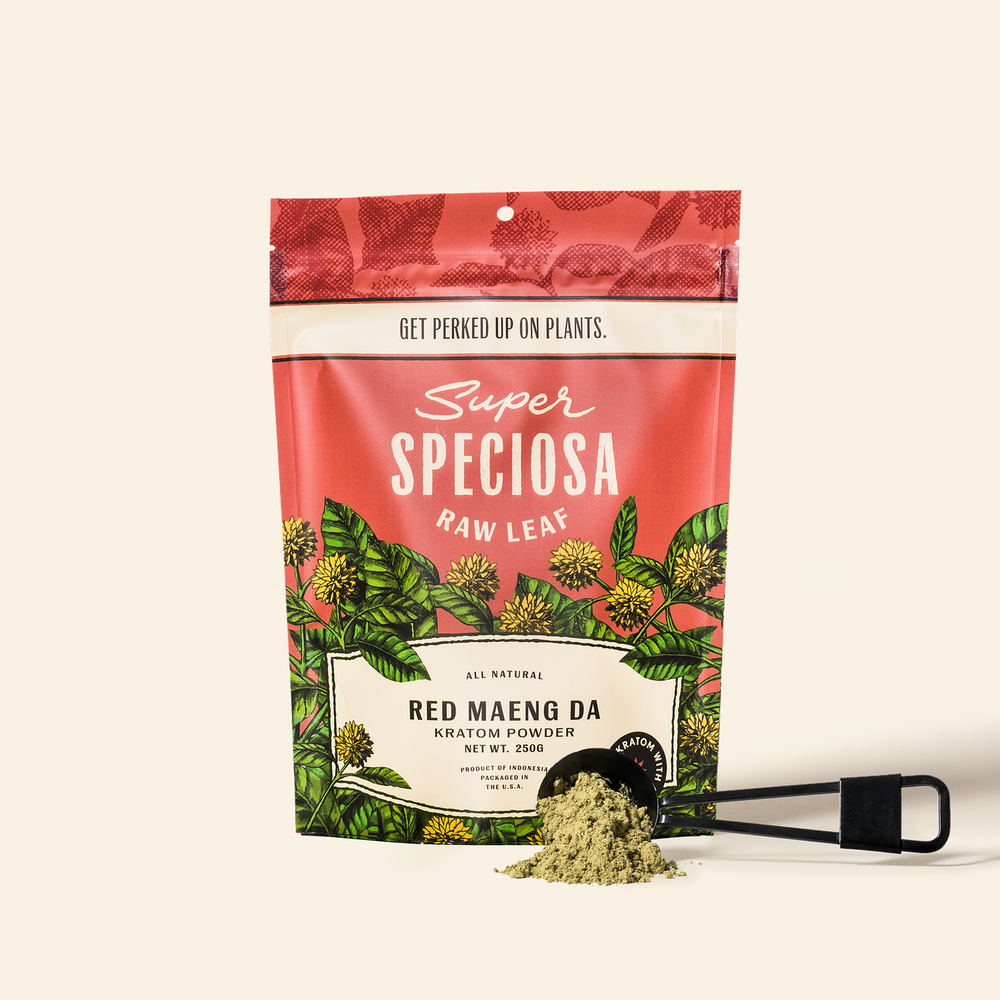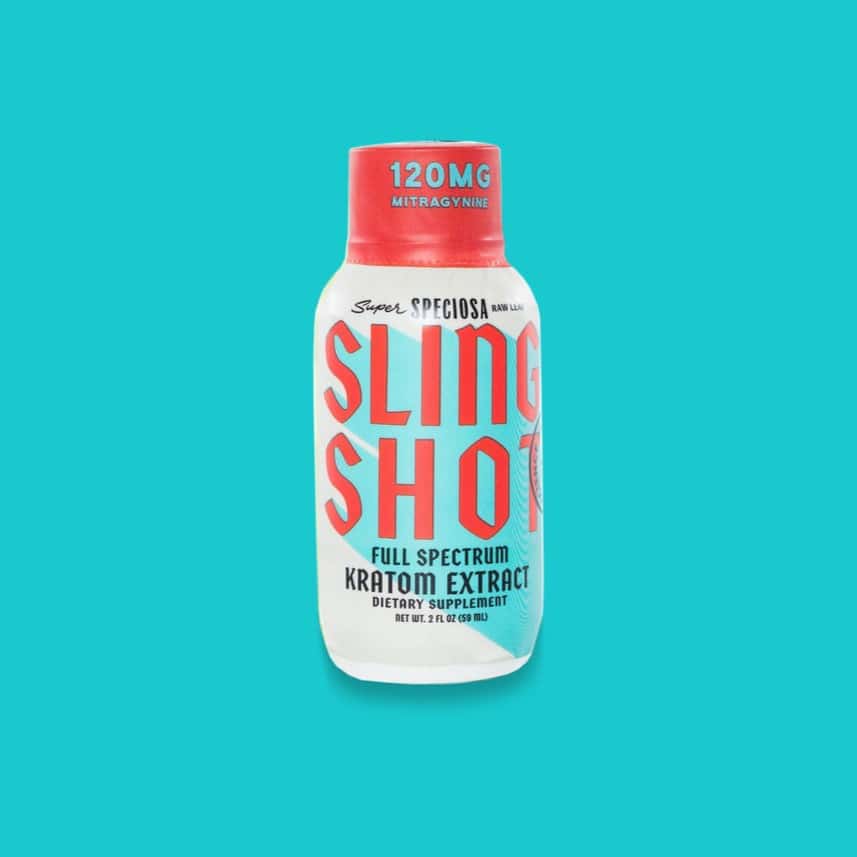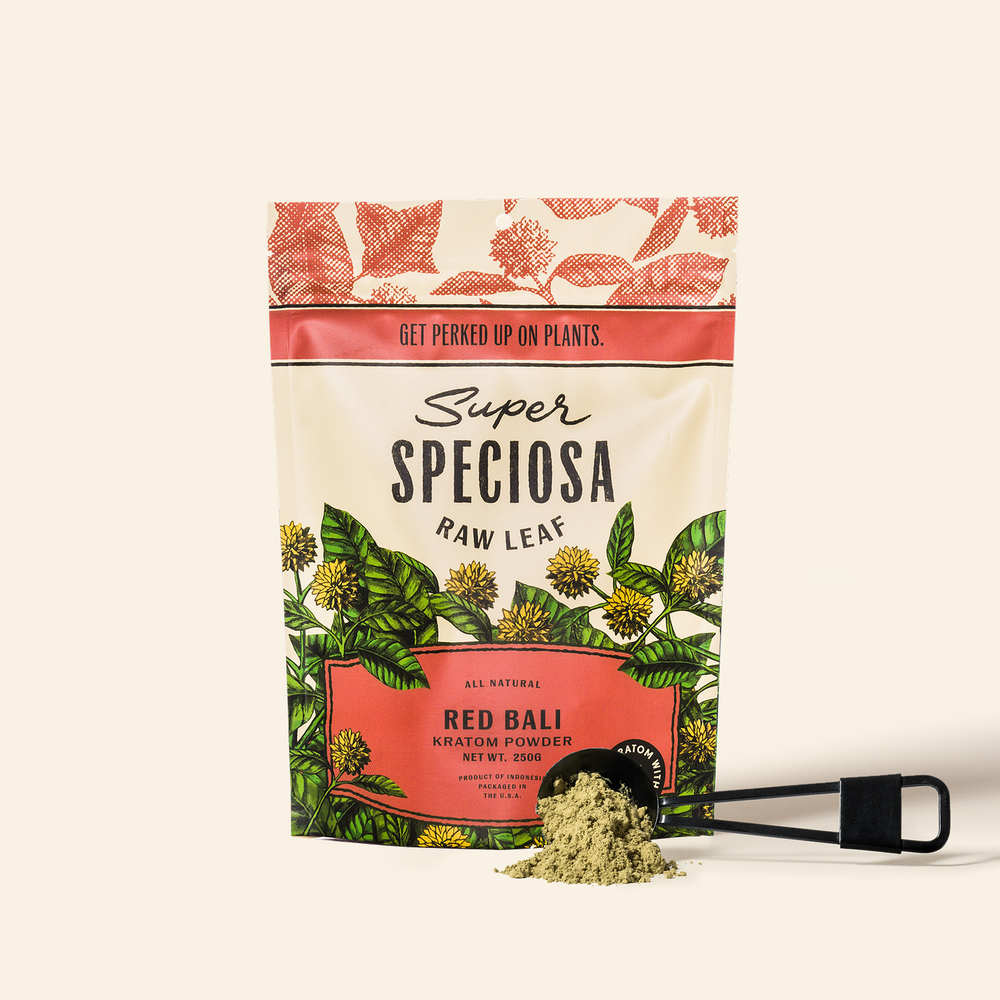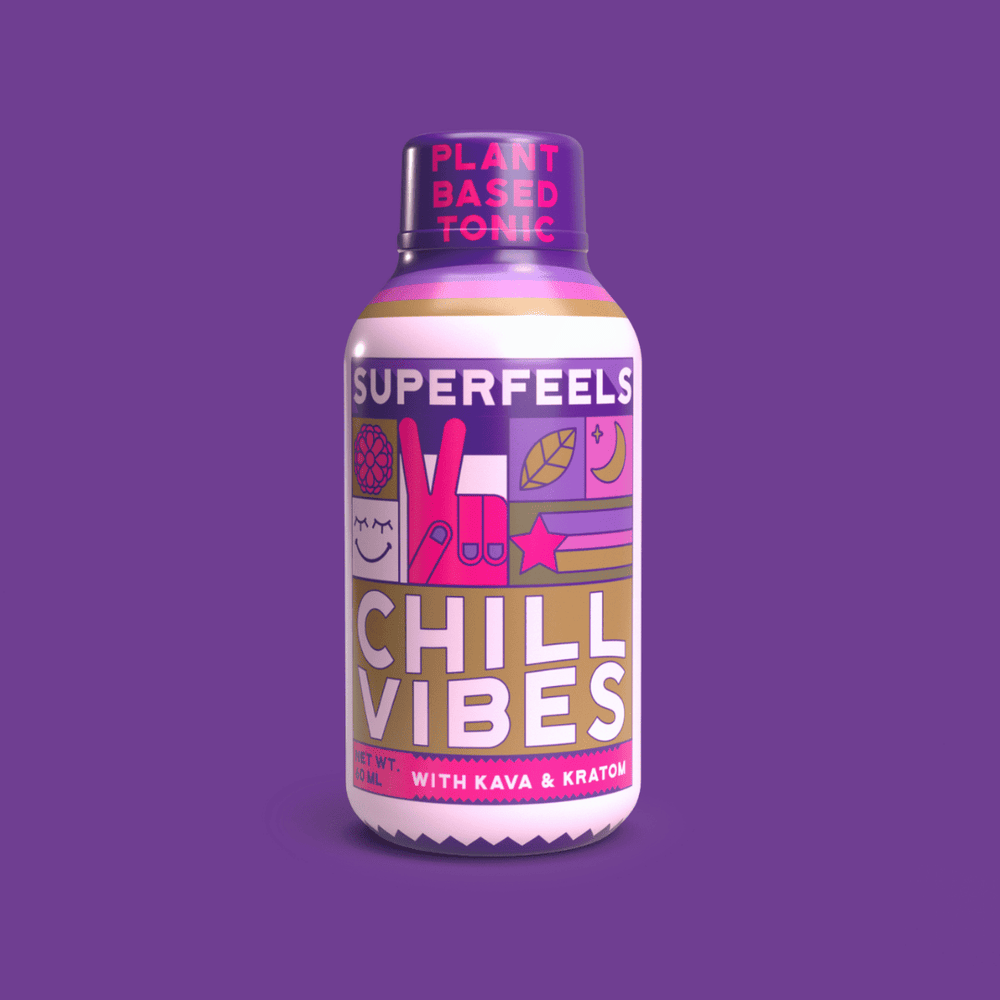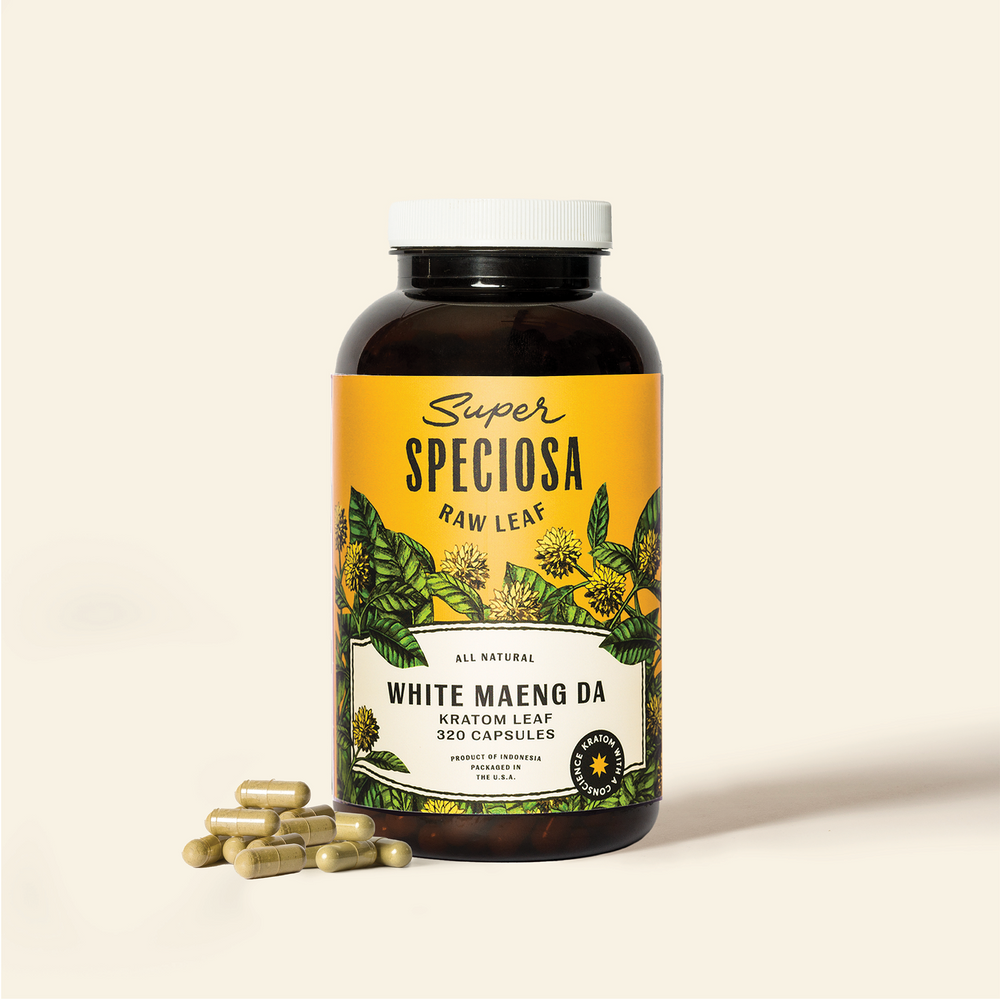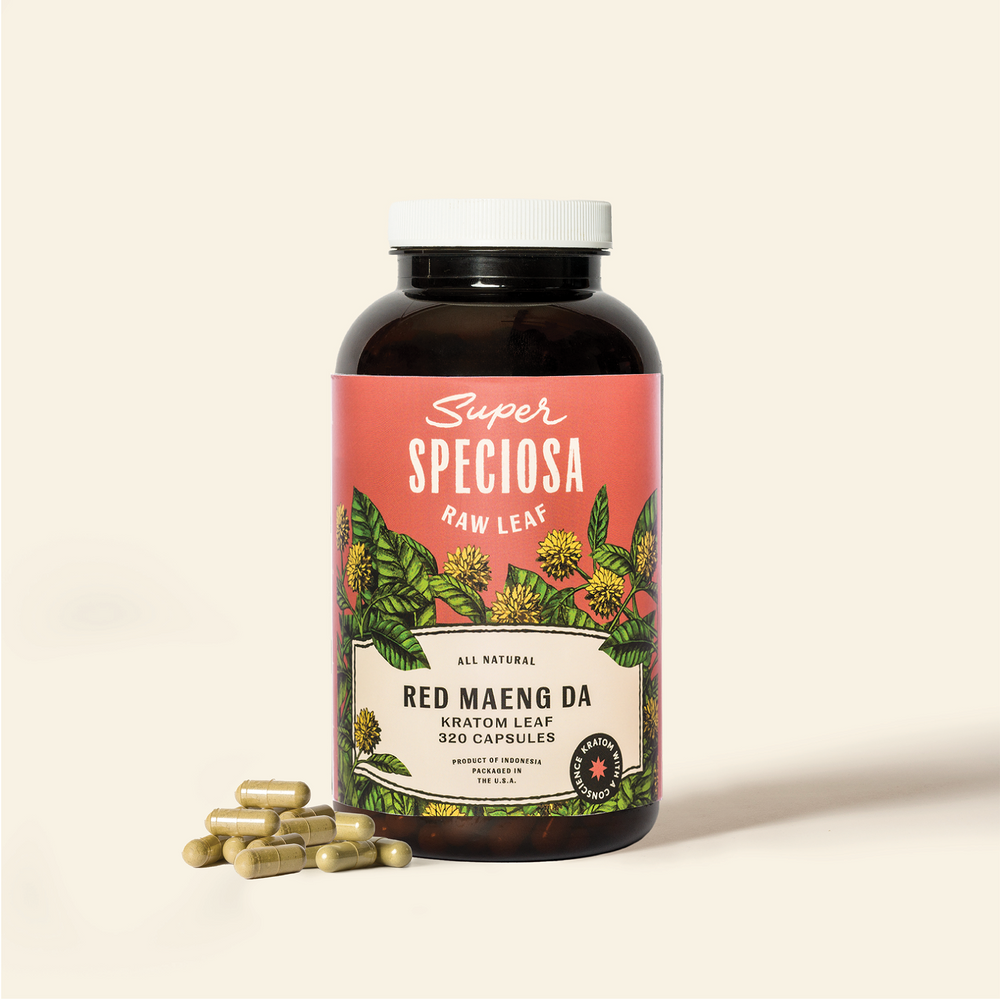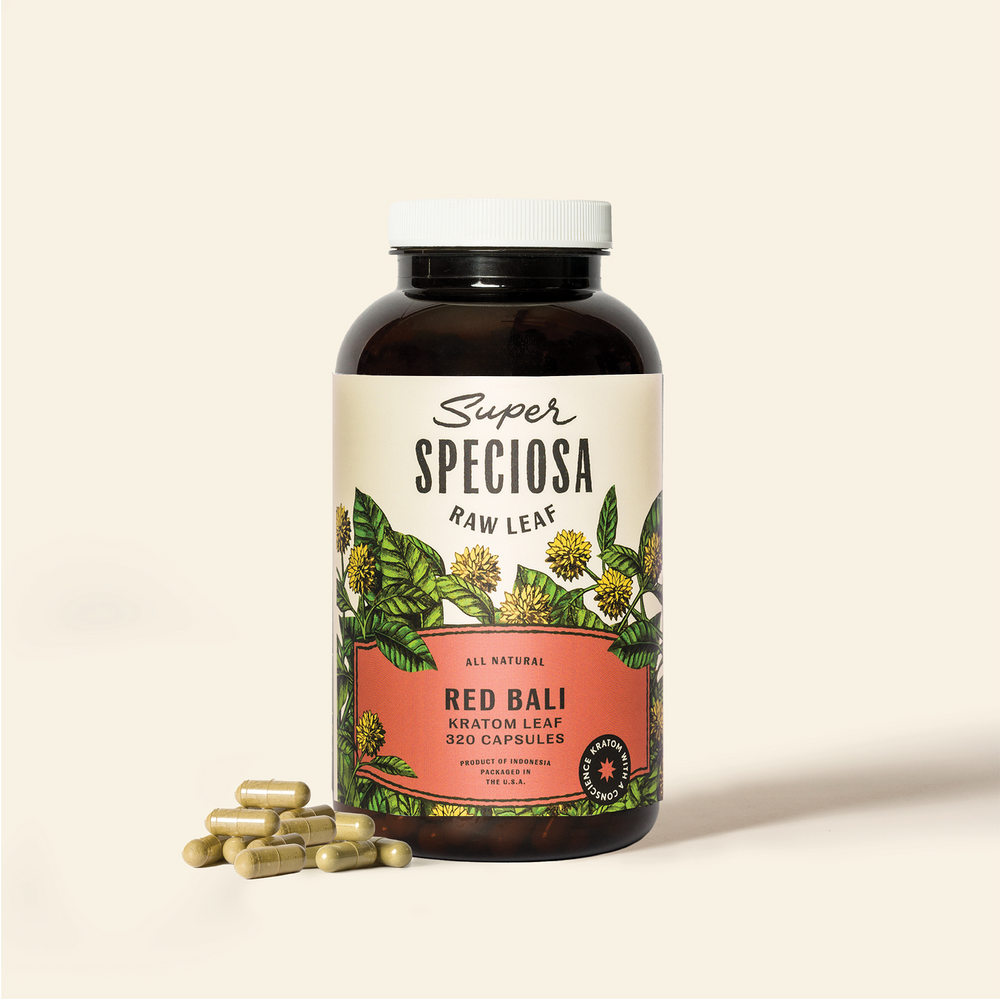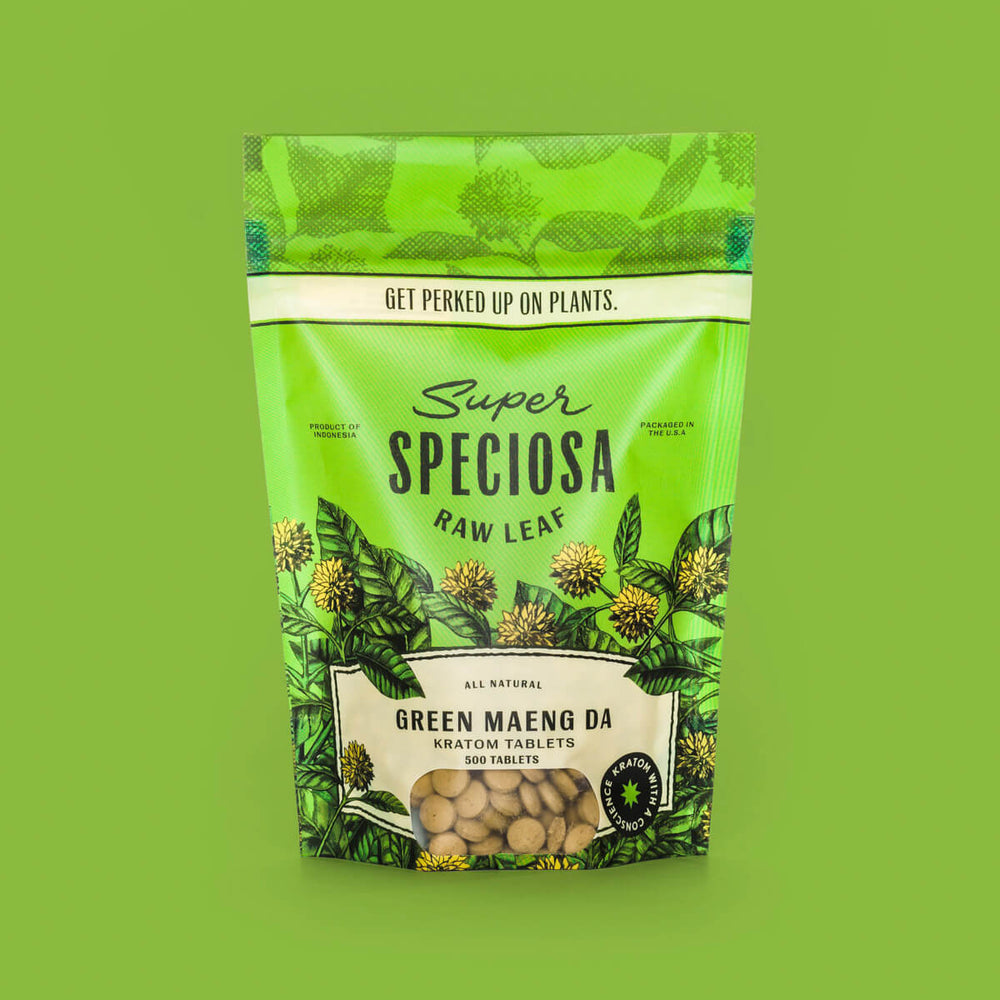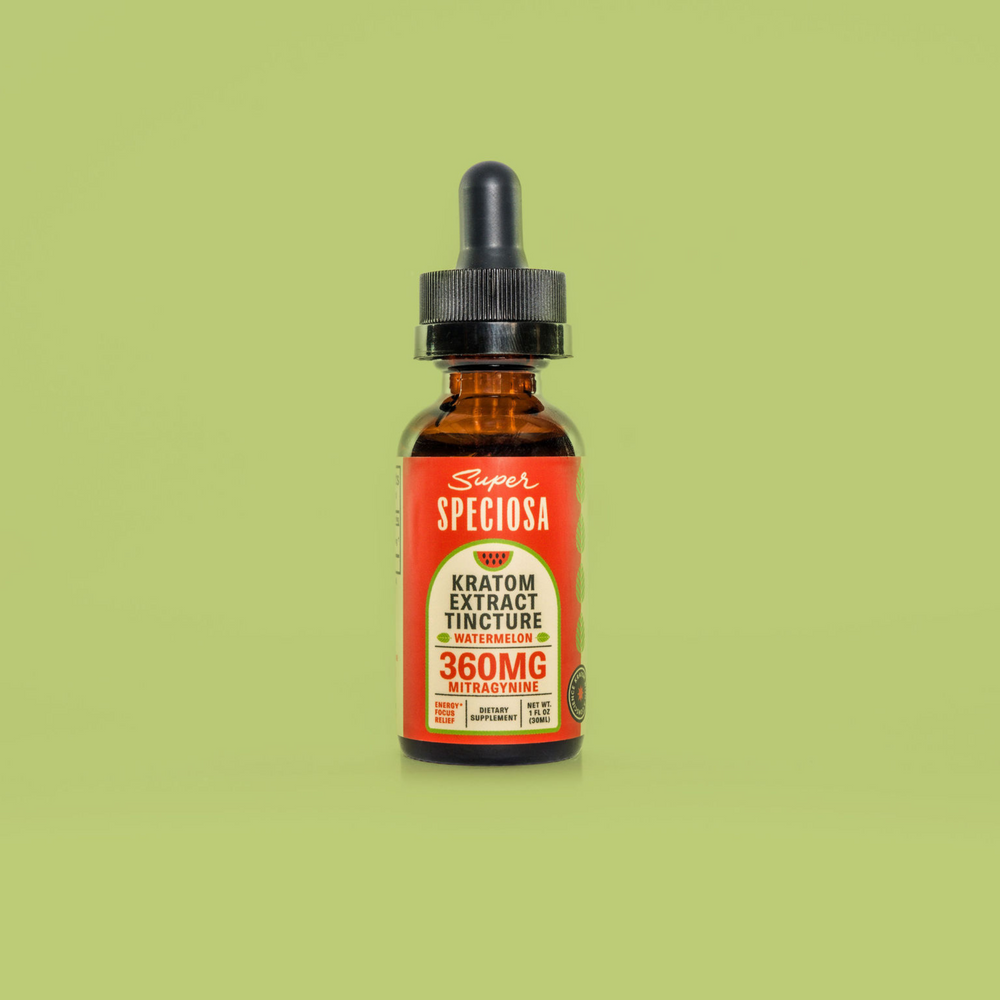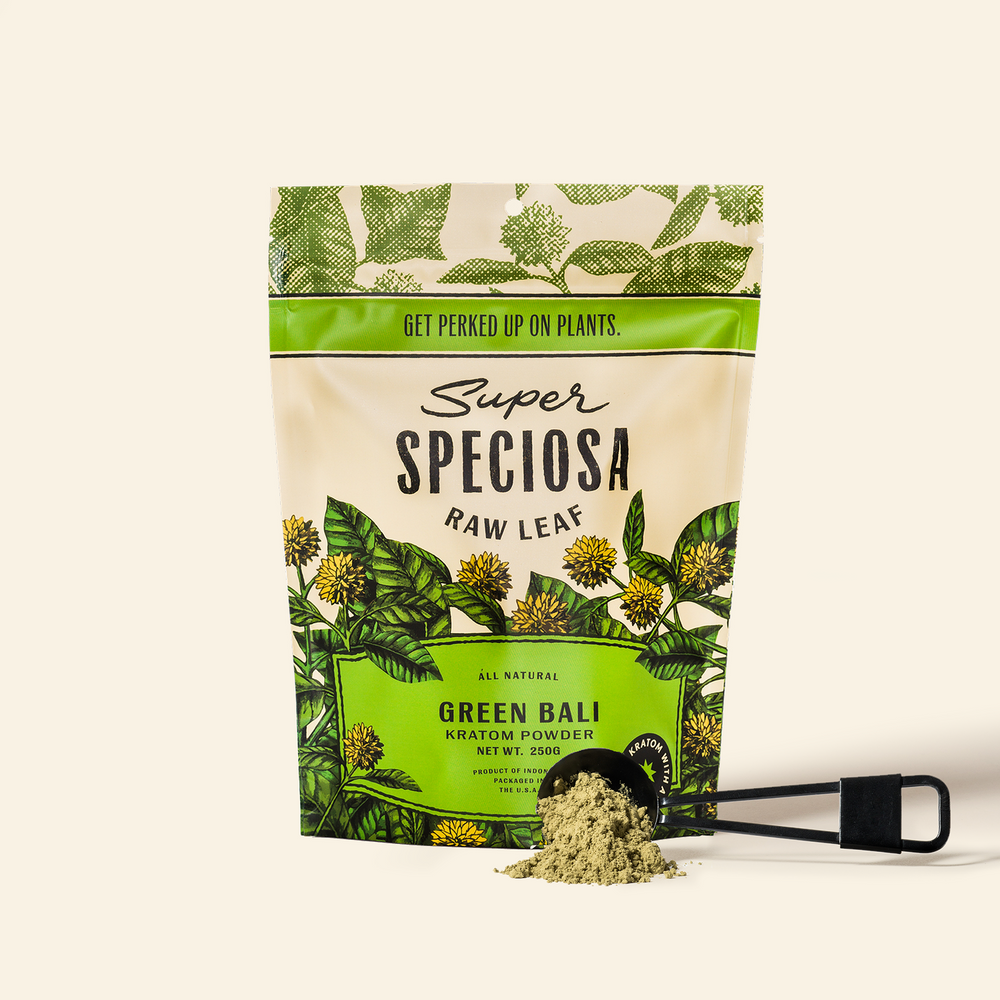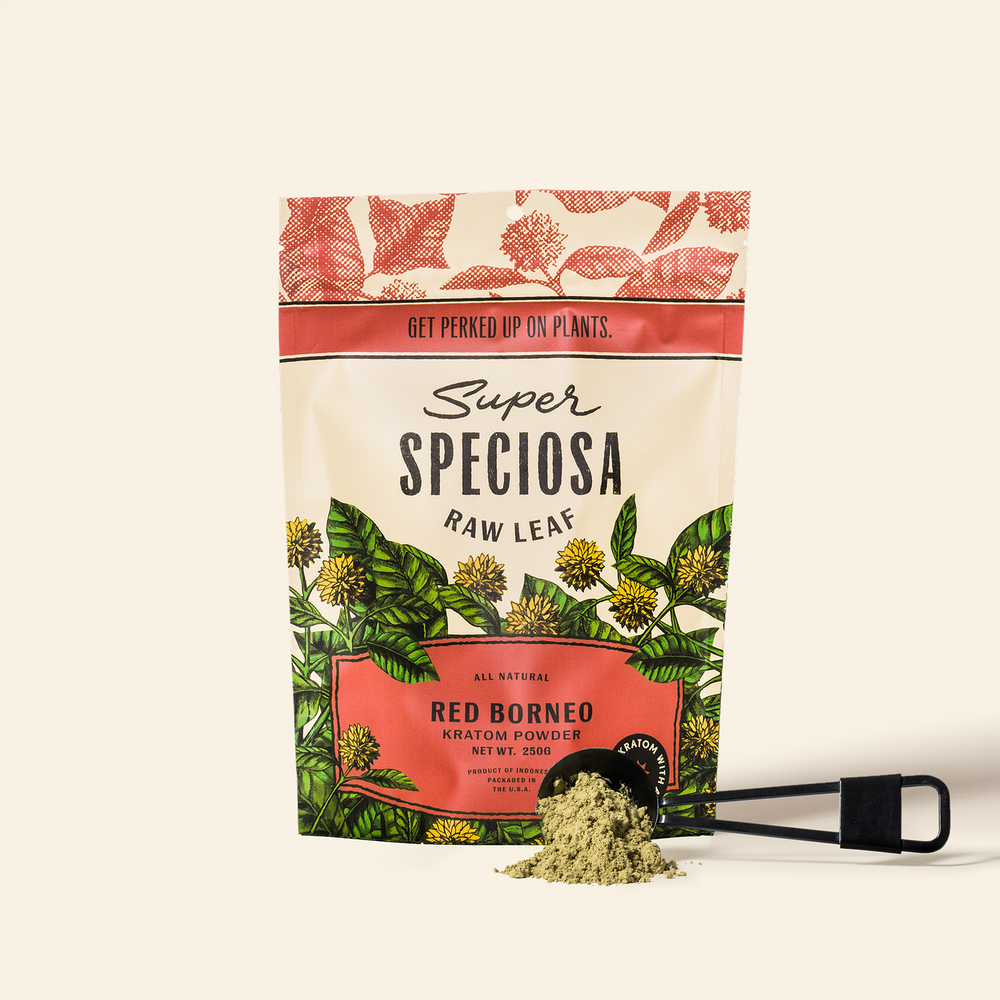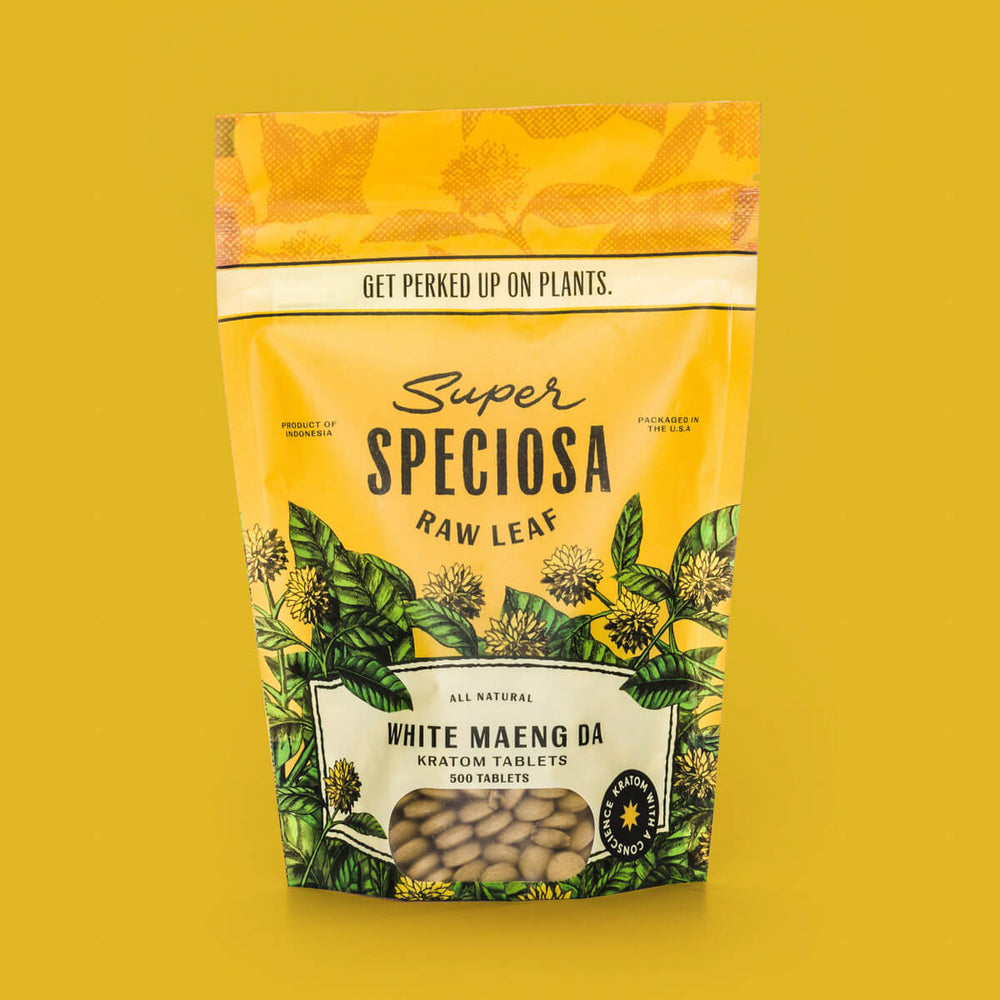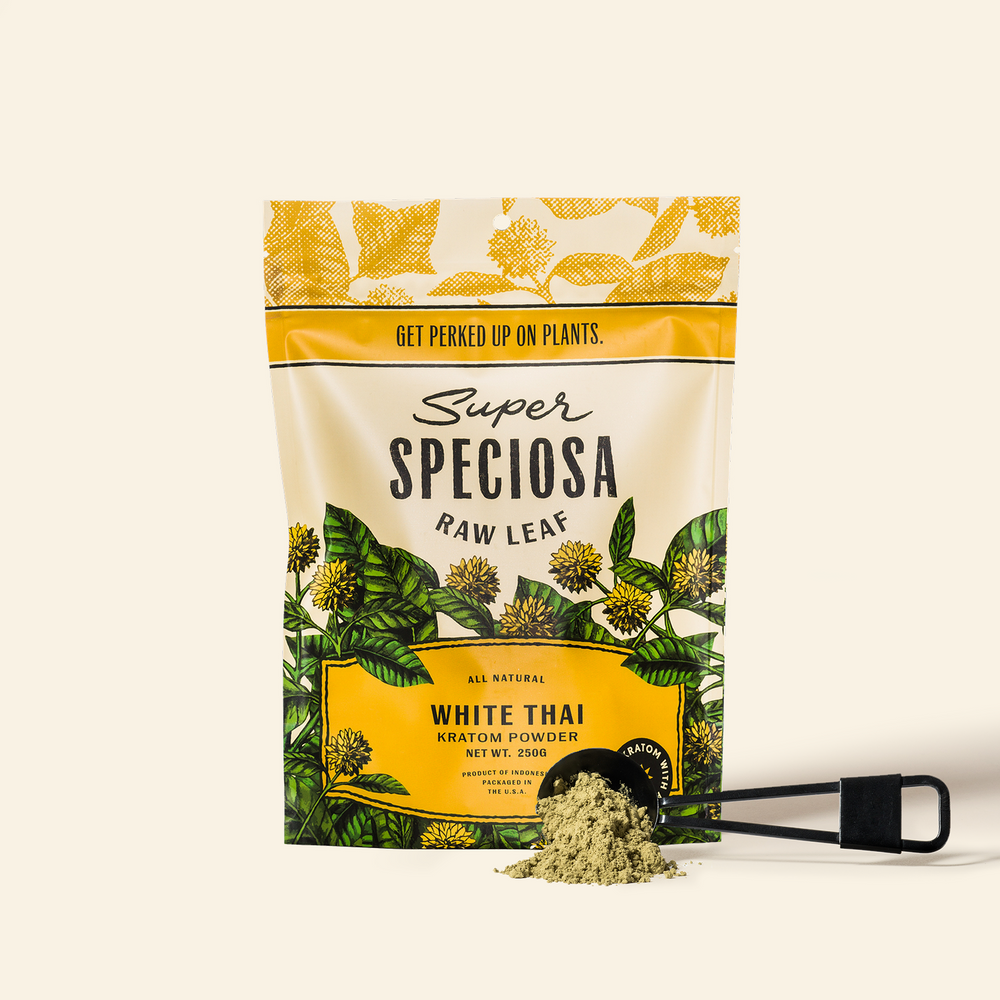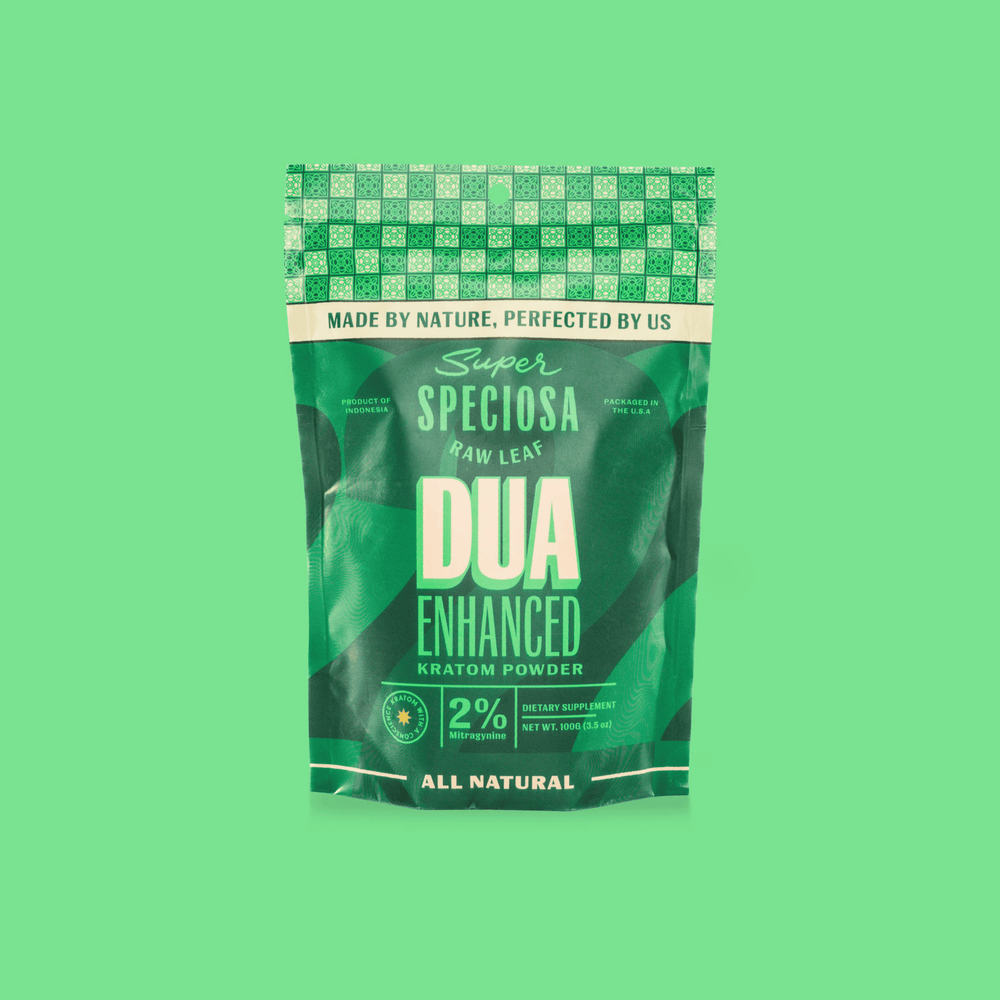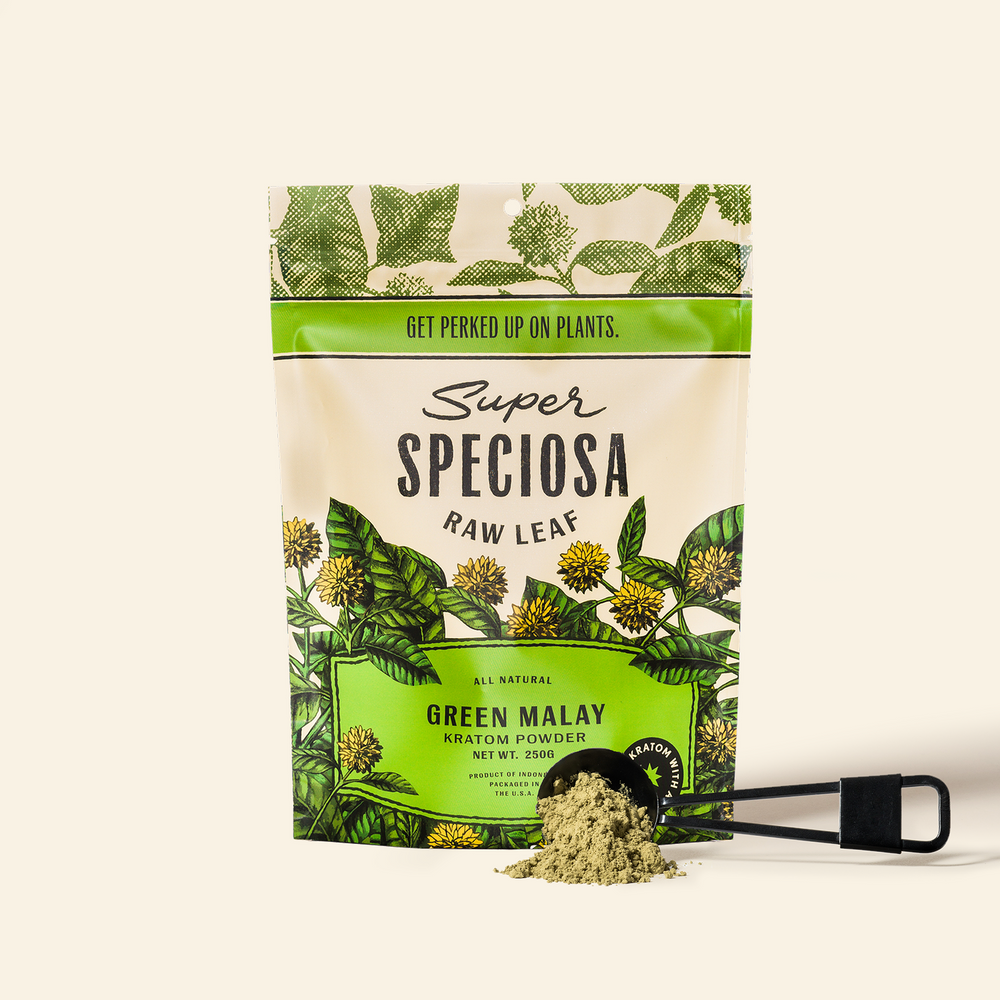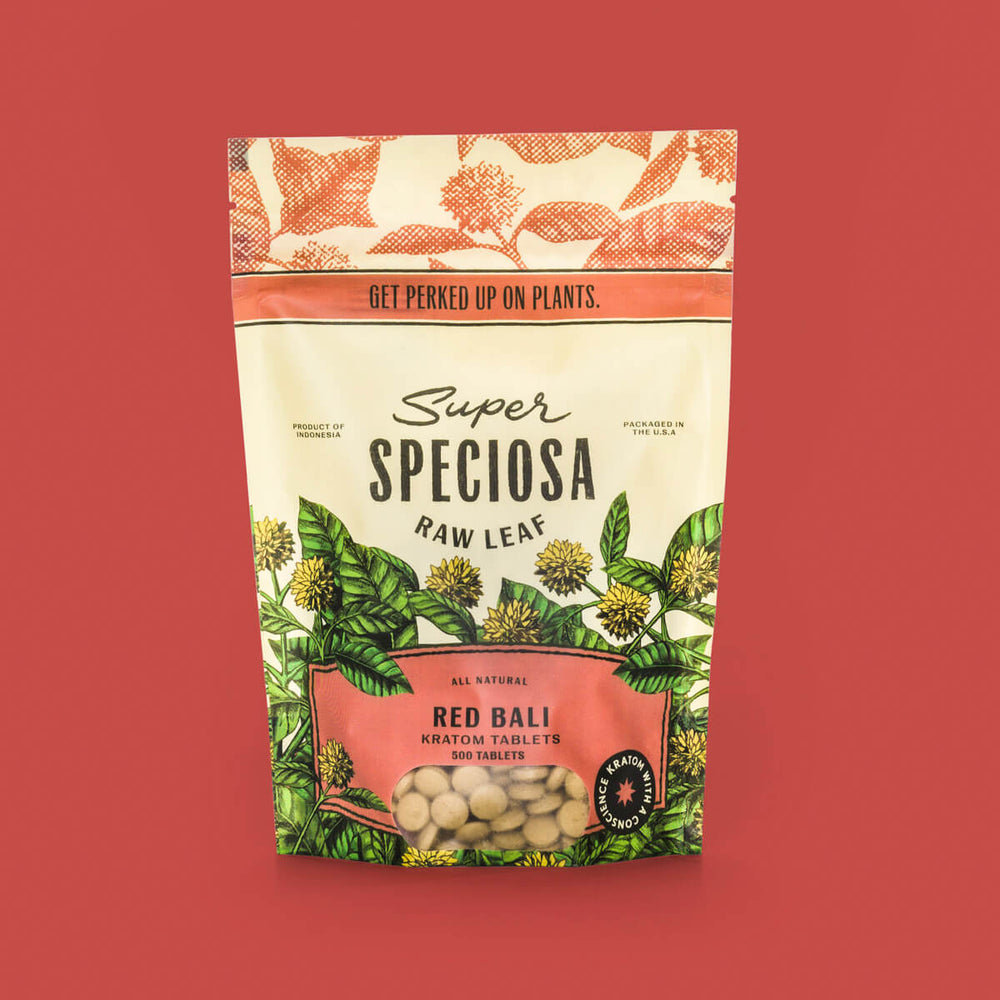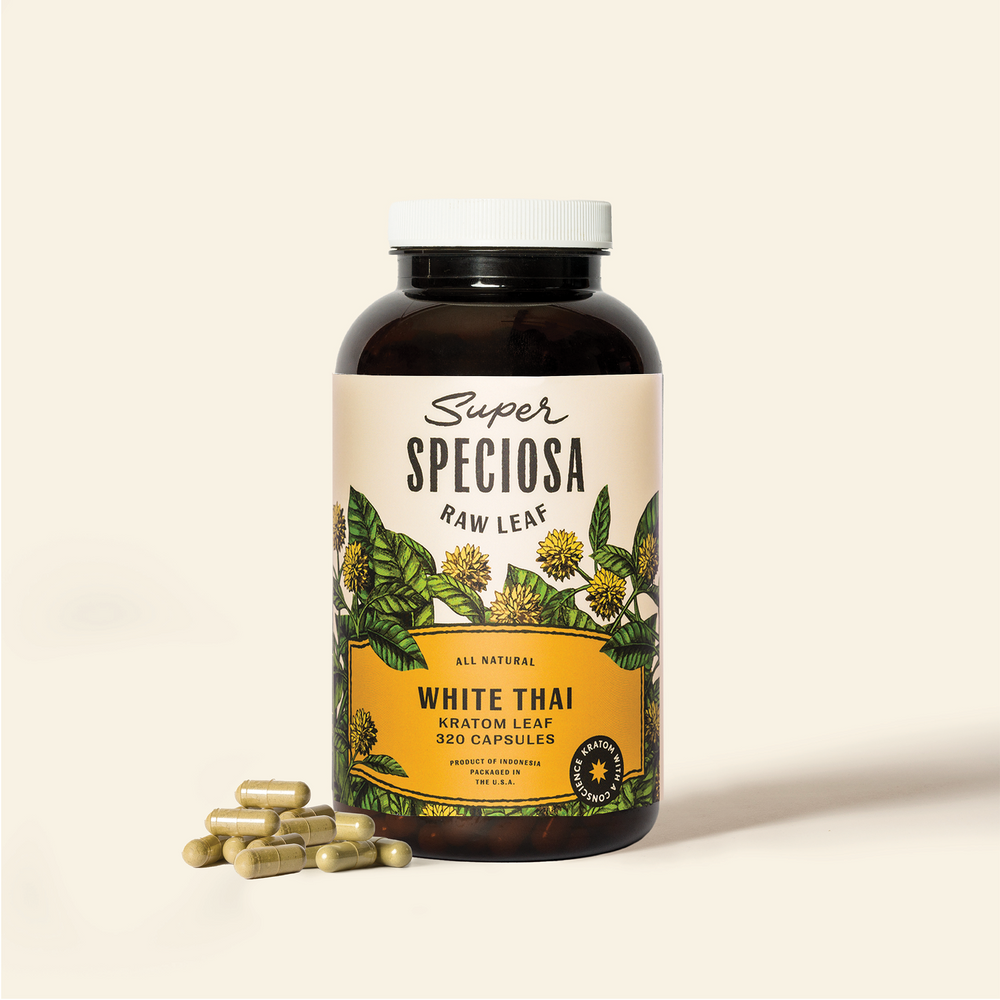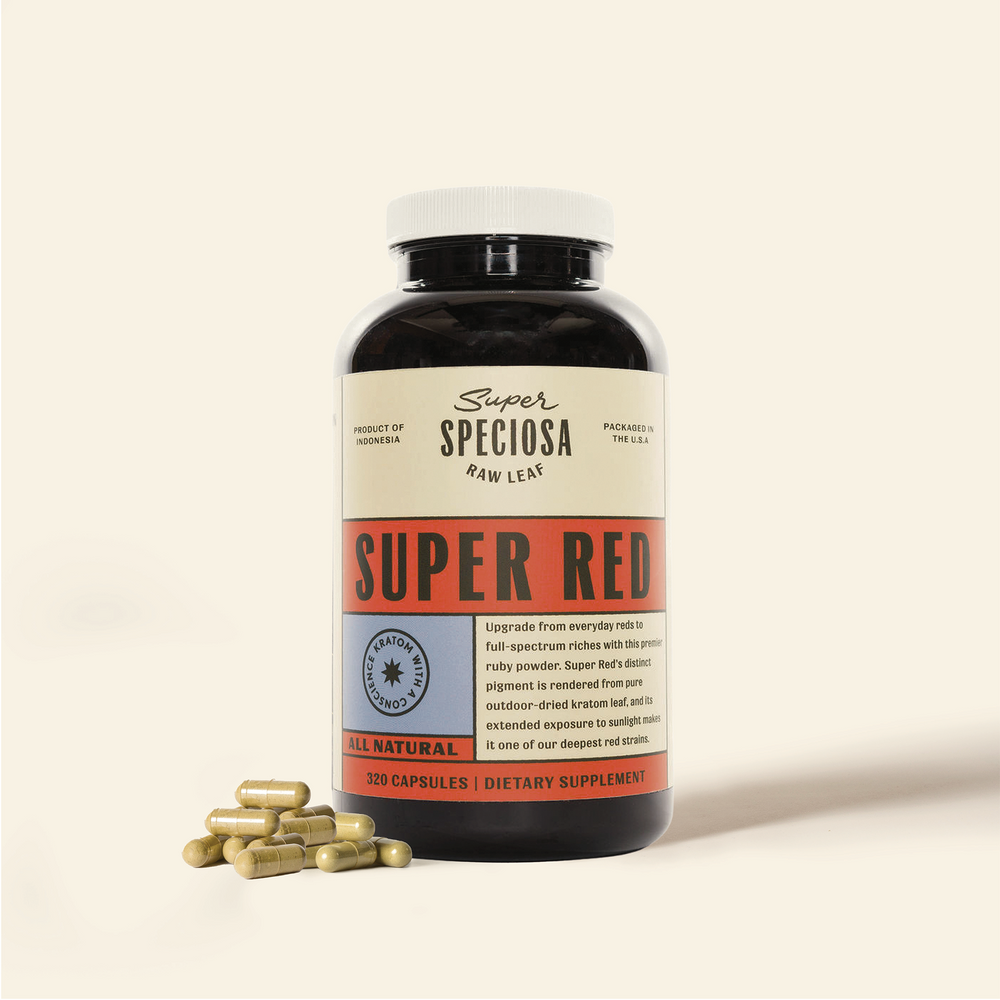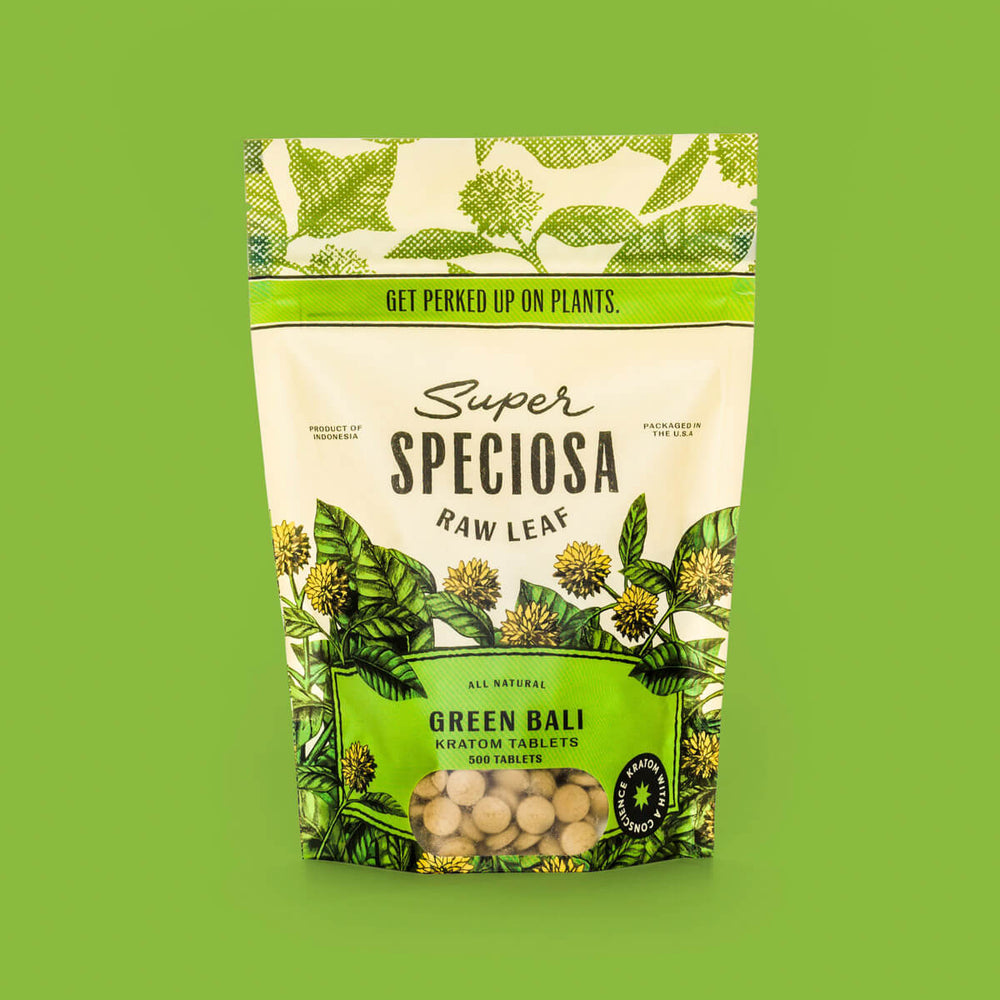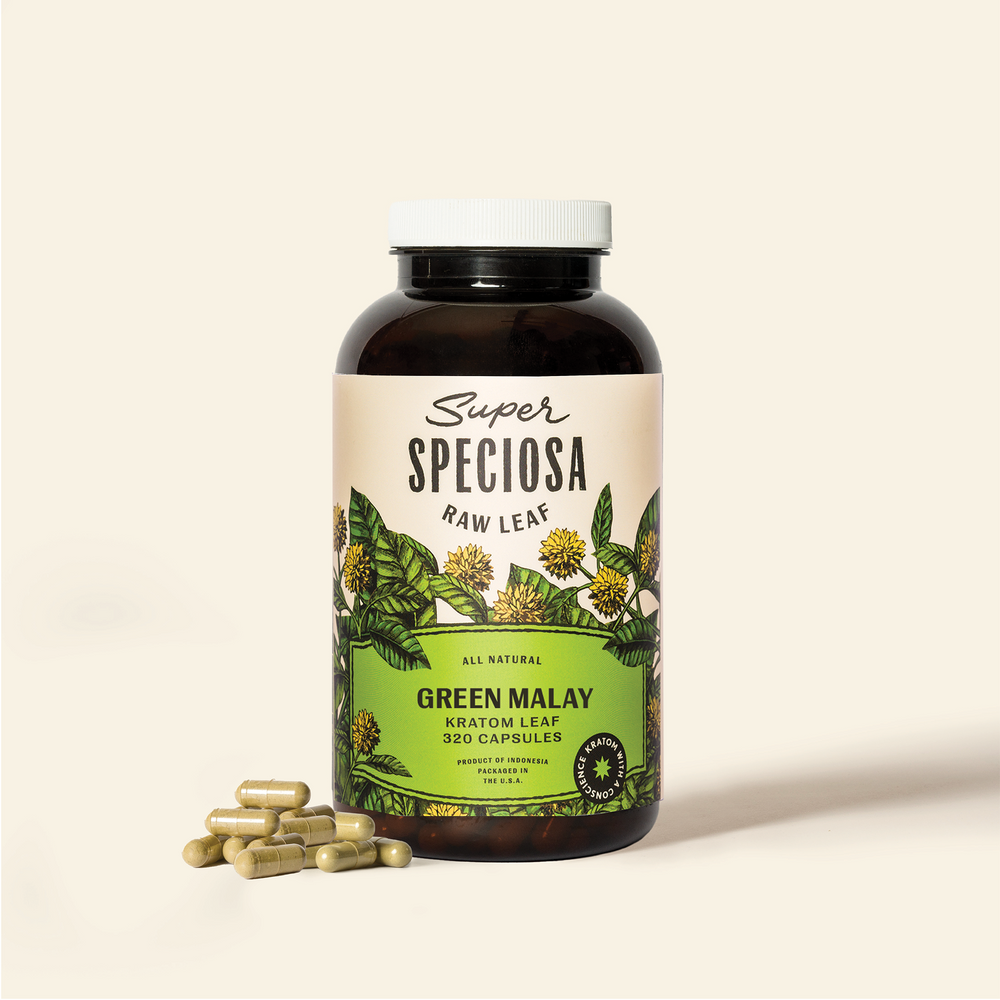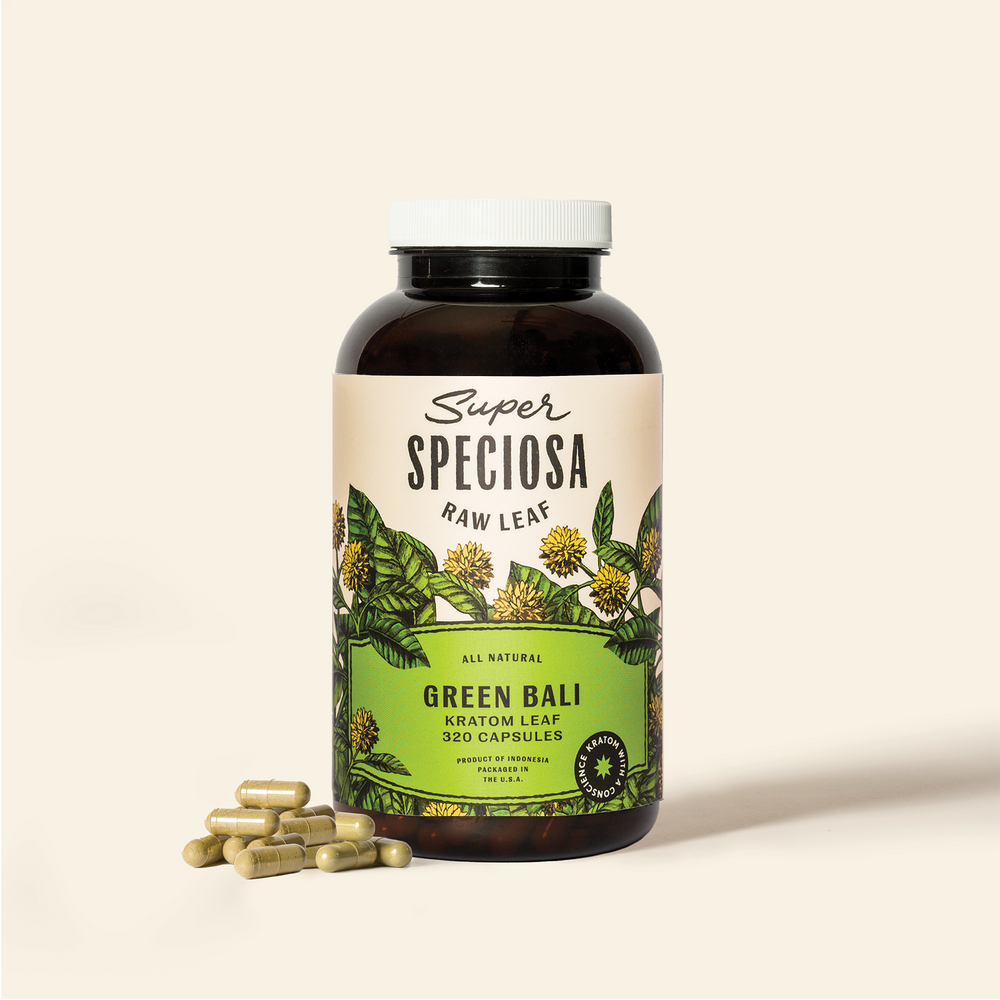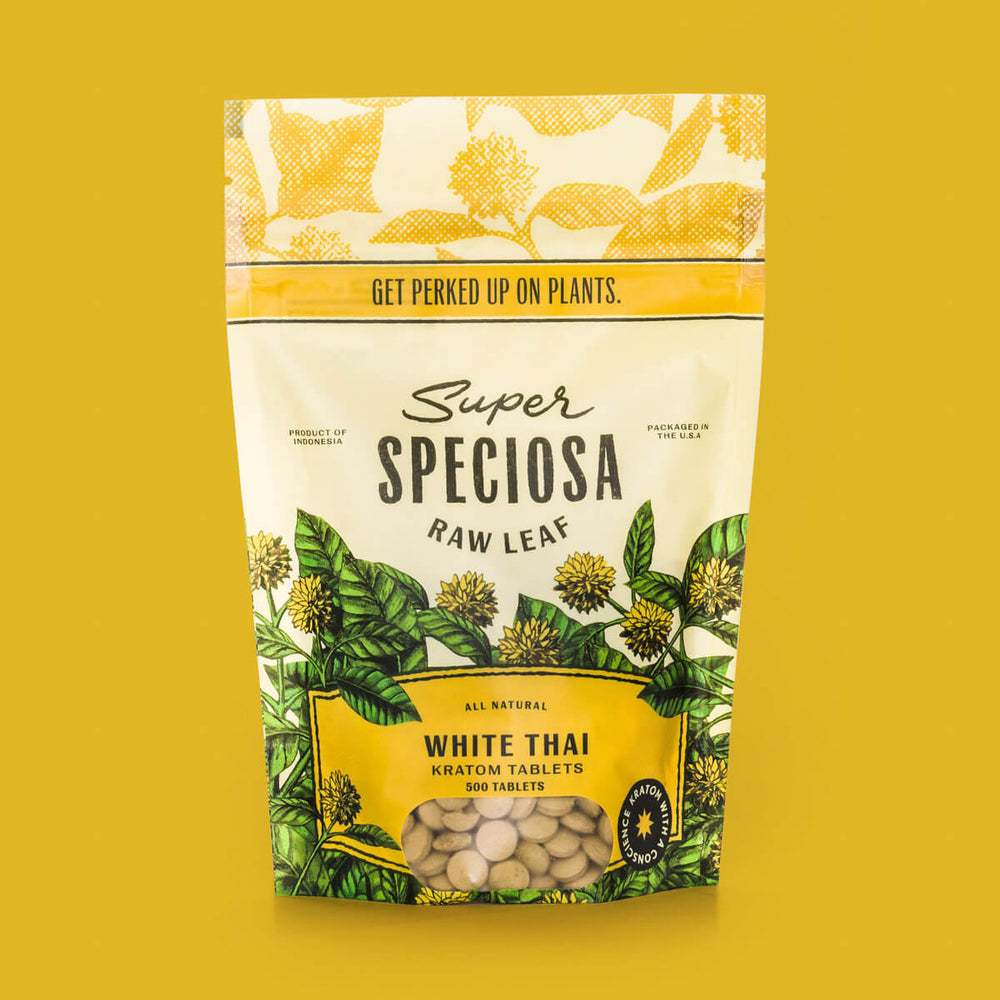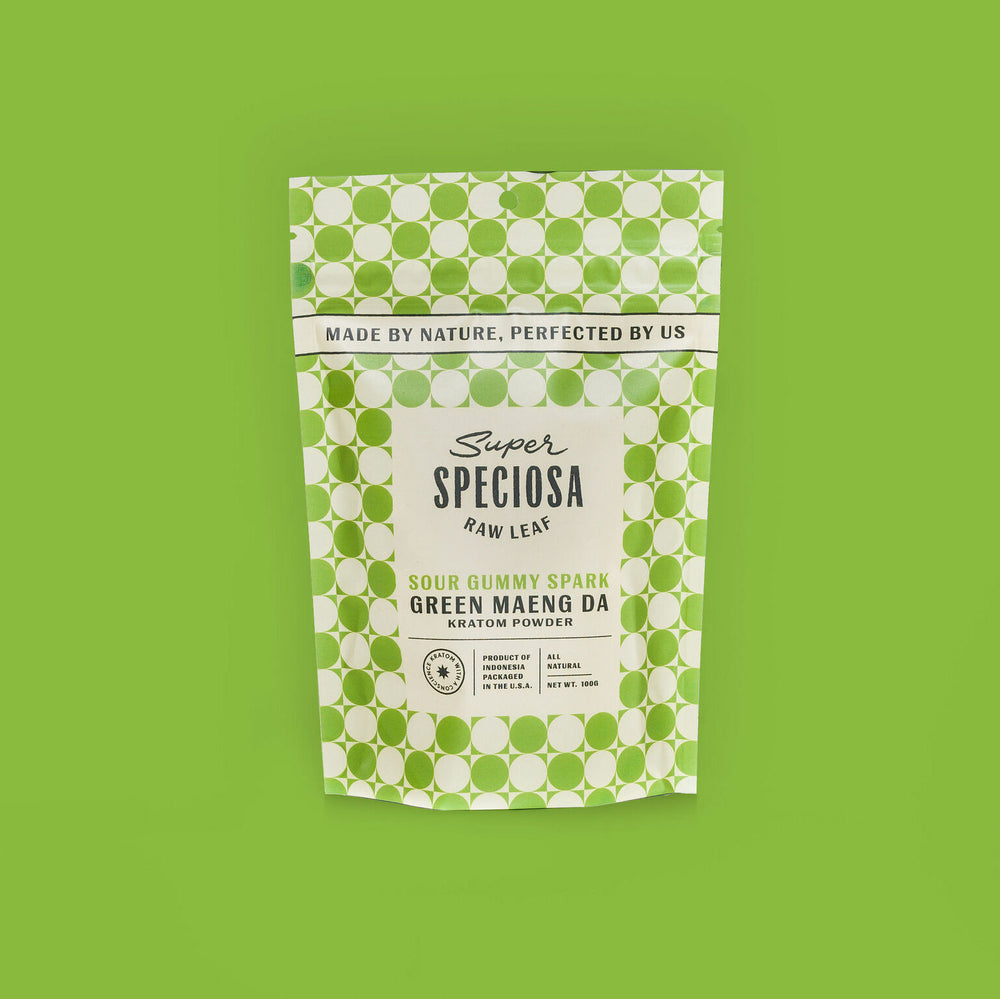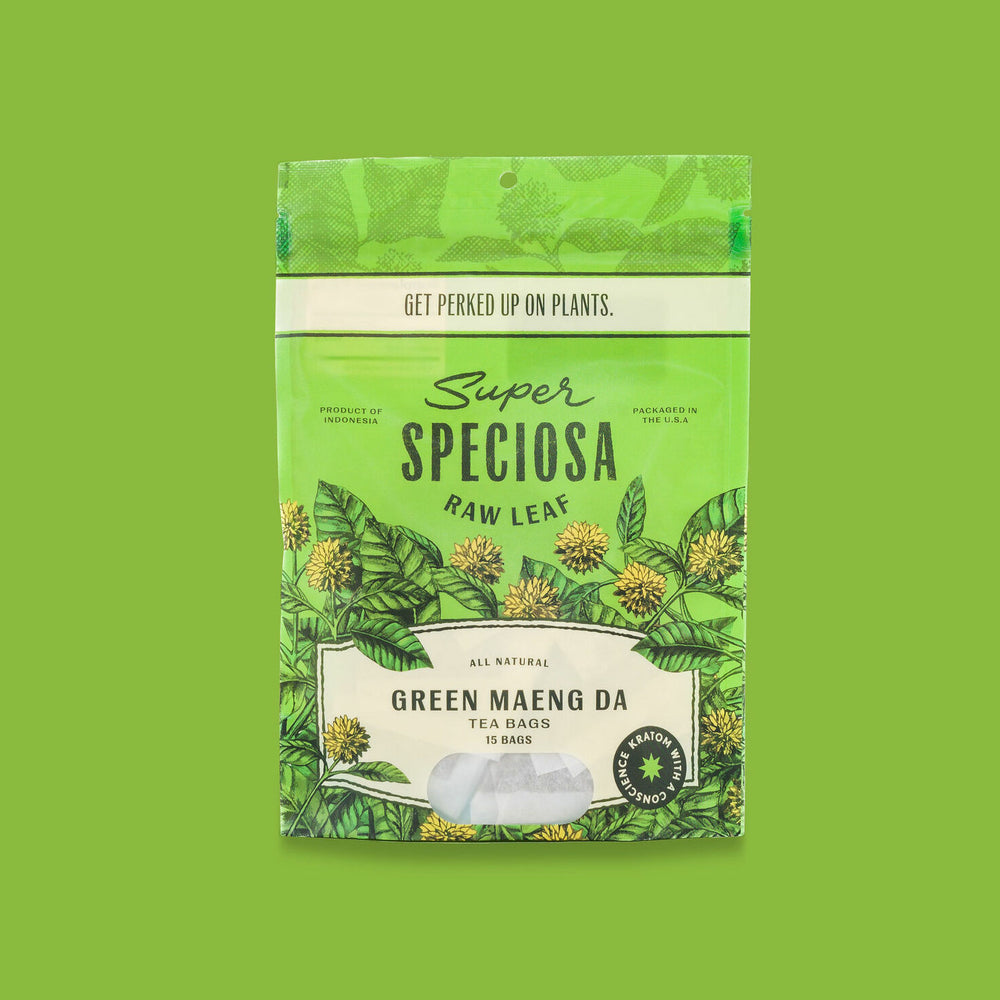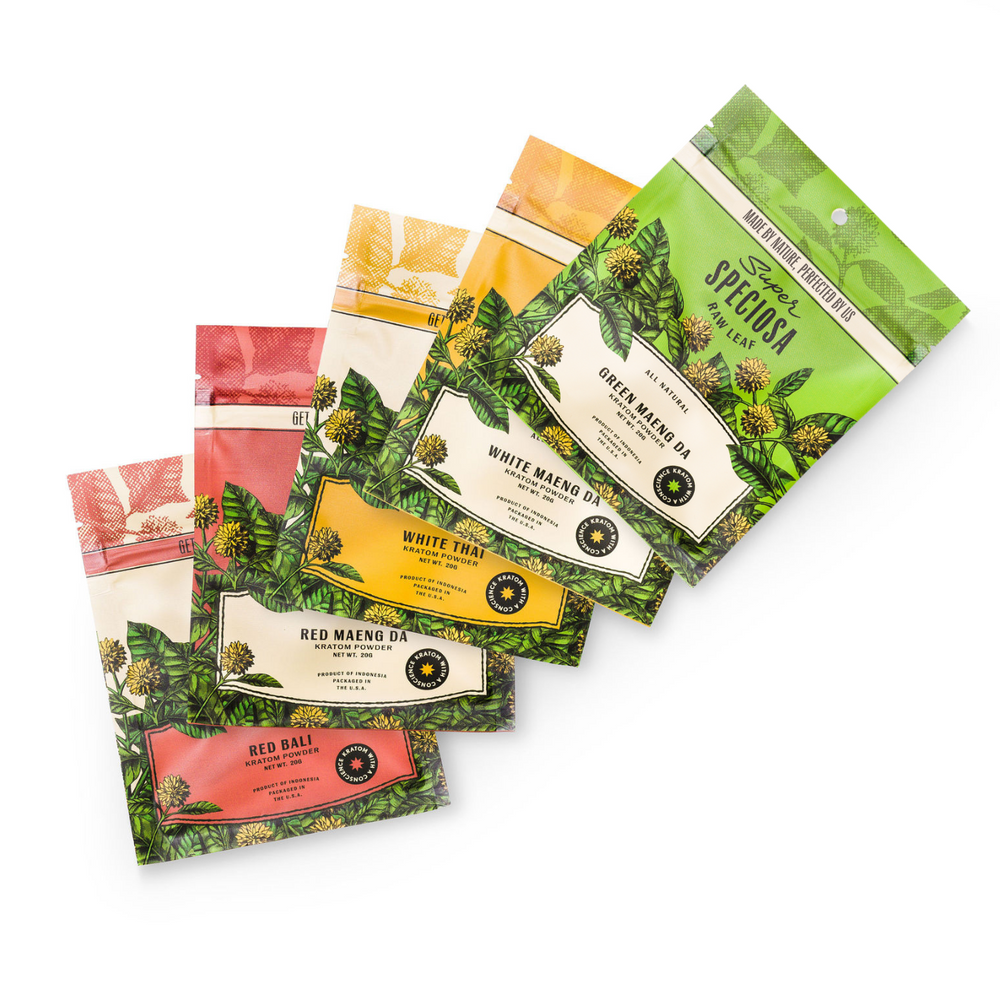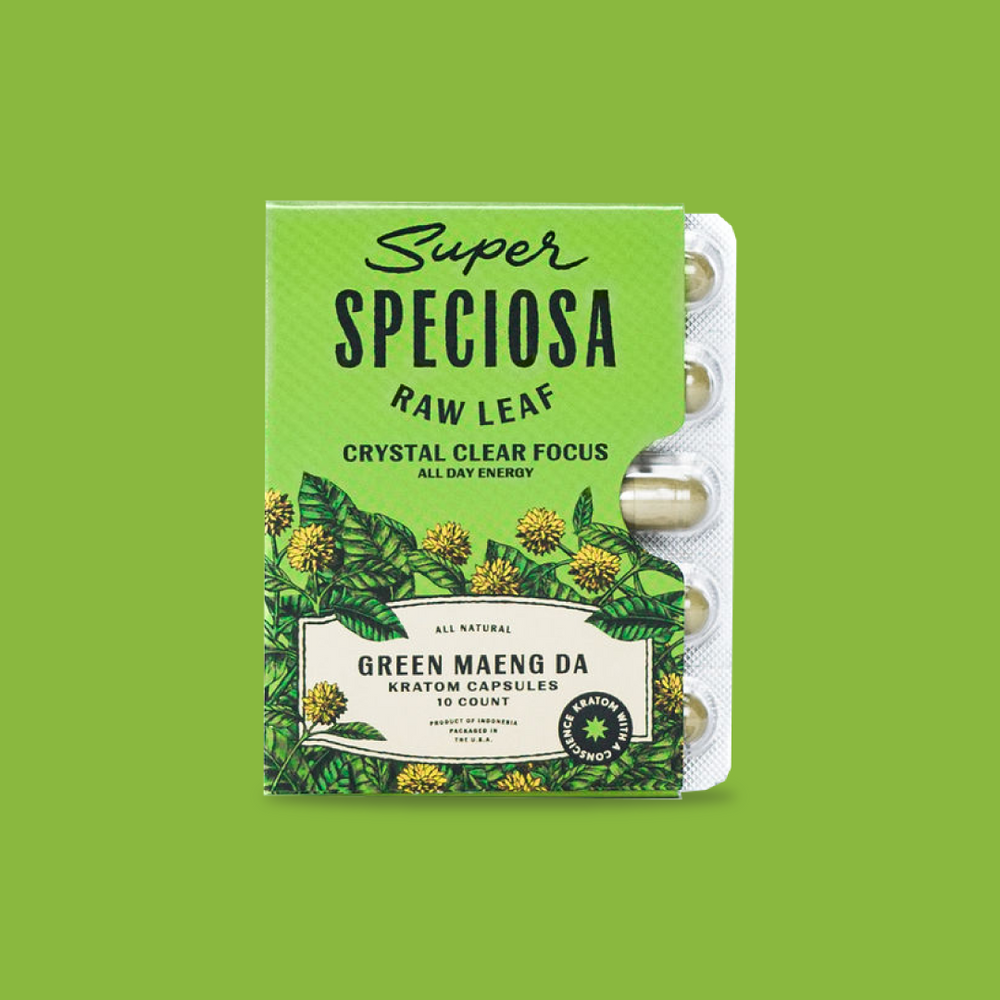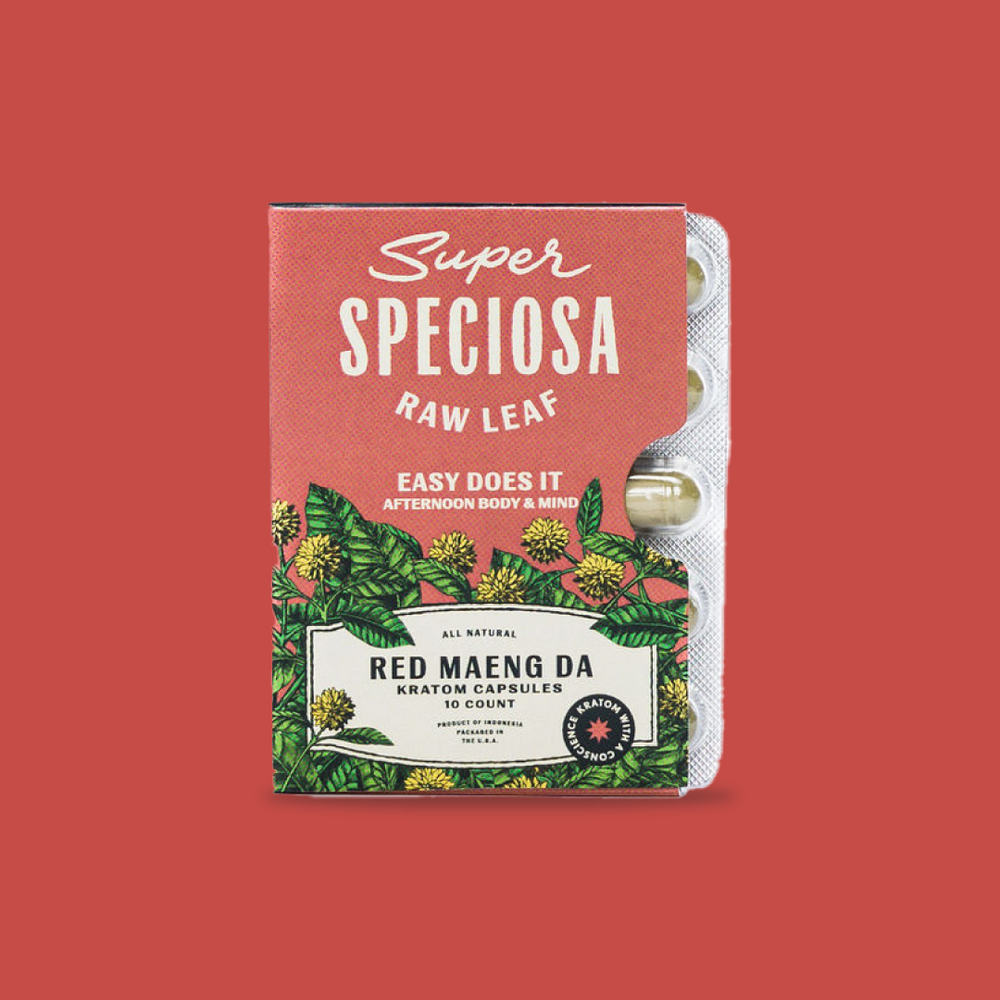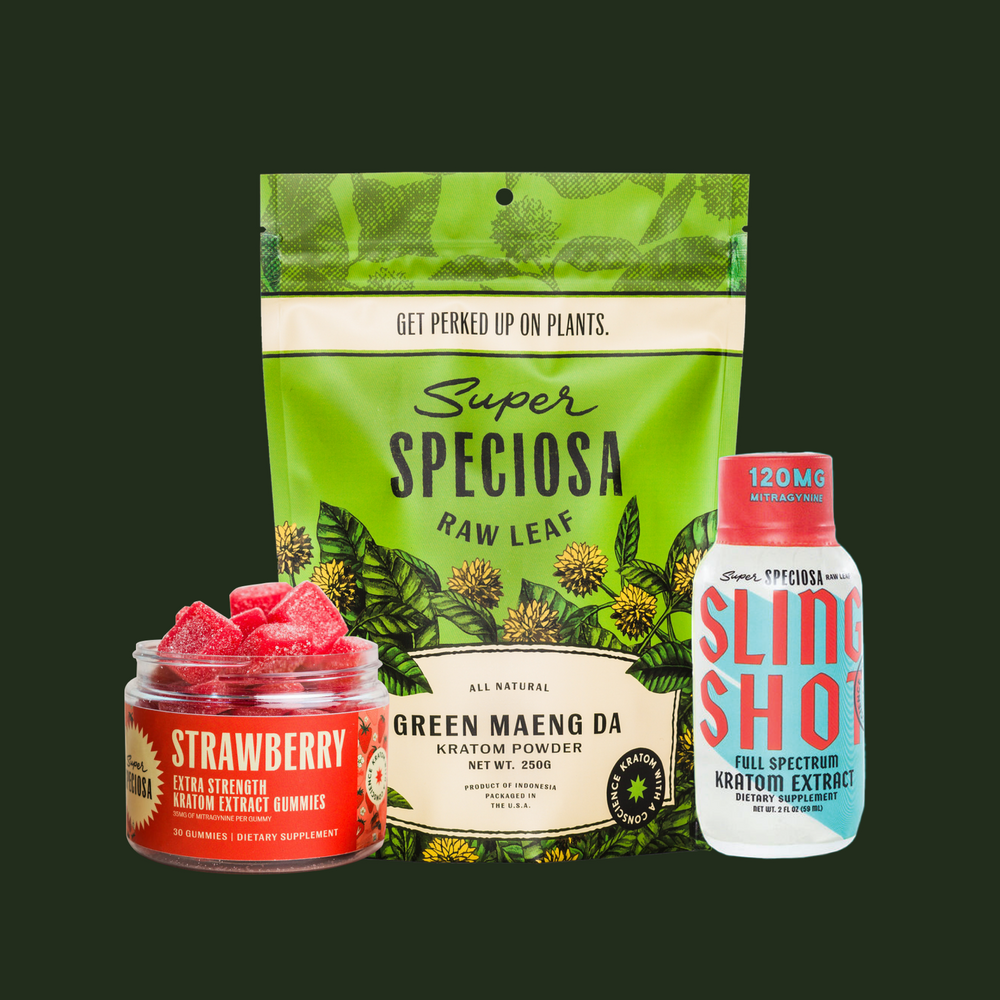Ohio Kratom Consumer Protection Act: Advocates Unite
OHIO KRATOM CONSUMER PROTECTION ACT: ADVOCATES UNITE

As Ohio aims to round out the first dozen states to pass Ohio Kratom Consumer Protection Act, this time it’s more than just the substance of the legislation that has kratom advocates excited about the potential in The Buckeye State.
The growing coalition of support for kratom regulation was on full display in an Ohio Senate hearing last month when advocates approached the question from every angle to make the case for a KCPA in the state. As part of the hearing in front of Ohio’s Senate Health Committee, new and recurring faces made a preemptive attack on the arguments that have been made against kratom and set the stage for those legislators to turn the bill into law.
On the docket was Senate Bill 103, a measure introduced by Sen. Louis Blessing that would give Ohio a comprehensive regulatory structure on par with other states that have passed KCPAs. That includes proper labeling, regulations over manufacturing and introducing a standard of testing to keep consumers safe from adulterated products.
New Attempt at the Same Process
Despite minor differences, the bill matches what advocates have come to expect. What was new this time around was the multi-tiered approach to providing testimony in support of the proposed legislation.
First were the ‘usual suspects’ that have been at the forefront of advocacy efforts for the American Kratom Association, including Mac Haddow, a senior fellow with the organization. Haddow has been part of the discussions not only in the states that have passed KCPAs, but also in those that have faced stiff resistance.
That experience showed as he quickly made his way through a set of polished talking points.
“There are 11 states that have passed similar legislation to what you have before you today, that will allow for regulating a product that should not be in the hands of children,” Haddow said. “Nor should vendors be allowed to adulterate the product without restriction.”
Jim Carroll, a former drug czar under the Trump administration, presented alongside Haddow, as he’s been doing in recent hearings, and used his first-hand knowledge to help paint the picture of how we’ve reached this moment in kratom policy. The two made it clear: Scheduling of kratom never happened because it didn’t meet the scientific criteria.
Beyond that, the science also shows that the primary risk associated with the plant comes from products with enhancements or other adulterants, either directly or indirectly. When Haddow directly addressed the committee, he didn’t cut corners in presenting his idea for how lawmakers could best protect local kratom consumers.
“They need to be told that Ohio will not tolerate the adulteration of a kratom product that will spike it, in order to give it enhanced effect,” Haddow said. “And that’s what they’re doing, it’s for the money. Kratom in its natural form does not provide the reinforcing euphoric high that would draw people to come back and buy it.”
The ‘Human Story’ of Kratom
Next up was John Shinholser, an advocate for patients in recovery who testified to years of experience working with people who were battling addictions to scheduled substances, including opioids. He made it clear: Kratom is not an opioid and in his programs, it is viewed as a daily dietary supplement.
Dr. Kirsten E. Smith, a professor at Johns Hopkins University was one of the new faces and said she has “never done anything like this before” in her testimony and was speaking on her own behalf. As part of the grants issued by the National Institute on Drug Abuse, Smith has been a hands-on participant in research aiming to figure out where kratom fits as a dietary supplement.
Although it’s still early in the process, and alongside the caveat that research is a slow-moving process, Smith said early indications on kratom are still positive.
“This really is a human story, and as the science plays out…we do have people (to look out for),” she said. “When people say ‘I feel good but I don’t feel high’ there is something there.”
One of those human stories centered around Jayne Richeson, the mother of a man whose death was attributed to kratom by a local coroner. Mothers in similar situations have testified against kratom regulations in multiple states. Richeson was the first to testify in favor.
With a little research, it became clear that her son did not die due to kratom. Richeson said she was there to testify that despite scare tactics, despite elevated and sometimes false numbers, she wanted to make sure that she told the truth in his name. Her son supported kratom, and with the research she had done, she felt that regulating kratom and keeping it safe from adulterants was the best way to prevent severe adverse events after consumption.
“Every time a bill would come up to try to criminalize kratom he would call me and say ‘Mom, please sign the petition,’” Richeson said.
Knowing what was coming in the testimony ahead, Haddow foreshadowed the message to come from himself down to Richeson: A handful of states had already taken action to protect consumers from the real threats associated with kratom, now it was time for lawmakers to do what was right for local consumers.
“We hope that the Ohio Senate will follow suit,” Haddow said. “We think this is a good regulatory scheme that allows for the freedom of Americans to use a natural substance.”
